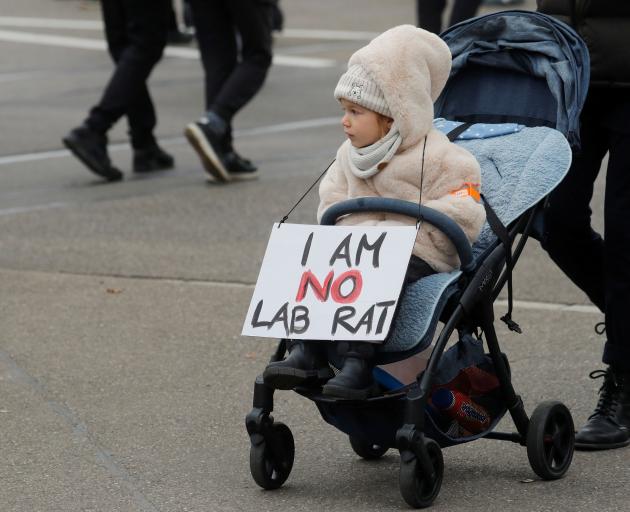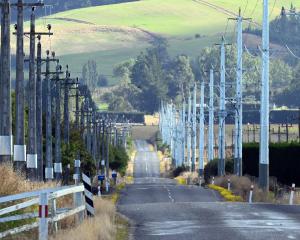
Whatever he intended in that heated debate, the message has stuck. Some people are fed up with experts, distrust them and feel they would be better off without them.
And along comes Covid-19, and greater exposure to experts than we can ever remember. It is impossible to escape them in the media, and some have become media celebrities in their own right. They seem to know what we have to do if we are to be protected from a rampant viral infection. Unfortunately, some of the remedies appear draconian, impinging on our freedoms and what we normally take as our rights.
To make matters worse, the recommendations of experts sometimes vary. They disagree, leading to the response ‘‘how can they be trusted?’’ Are experts any more reliable than anyone else? And this is when the trouble starts.
Troll the internet and you will come across myriad opinions that contradict what the local experts are recommending. Most are from the United States. Surely these must be experts, especially when their opinions make life easier for us — no masks, no lockdowns, no vaccines. Their views carry more weight than those of experts from New Zealand.
But what is expertise? It is generally taken to refer to a person with a high level of knowledge or skill relating to a particular subject or activity. We generally take this to imply the person has studied the subject or trade under trained mentors. We also want to be assured they have satisfied the authorities they are now competent to practise their craft.
We wouldn’t be happy to fly in planes knowing that the pilots’ training was entirely based on watching internet videos put together by people who had never flown a plane. In some areas we don’t doubt the importance of experts. Why then in the health area?
It is troubling when one hears of someone with no background in immunology and viruses or even biology, claim that by watching many hours of videos on the internet they have acquired more expertise in viruses than a researcher with years of advanced training and research experience. This is not suggesting the researcher is infallible, nor that scientists always agree on every issue; they don’t and we shouldn’t expect them to do so. But if we get to the point where we refuse to take experts and their expertise seriously, we have set out on a very dangerous path towards undermining all that holds society together.
This is because those who wish to discredit experts want to advance a particular agenda. They may want to reject government control, and the perceived power of the elite within society, or they want bodily autonomy, and a form of alternative/natural medicine. Experts are seen as furthering the interests of the elite and the powerhouses within medicine. What comes through is that the elite don’t understand the problems of ordinary citizens. But the tables have now been turned it seems: ordinary citizens have gained a voice by following those who are rebelling against vaccines and vaccine mandates.
But we dare not overlook the fundamental point at stake in a viral pandemic. These are intensely serious issues, that threaten our health and the health of all those around us — from our children to those in rest-homes. Vaccines, developed using a host of different sets of disciplinary expertise, save lives. None of them is perfect, but used in association with the advice of public health experts, they are saving countless lives and protecting others from ongoing long-term debility. There are no easy fixes, since the only way forward requires serious research.
It is easy to muddy the waters by casting doubt on the views of experts, but the end result will be ongoing epidemics. By all means challenge experts, but be prepared to take seriously their claims and admit when you lack the expertise to reject them. And be grateful that we have so many experts in our own community.
It will be a profound loss if the pandemic leads to widespread lack of trust in experts, accompanied by an increase in cynicism within the population. Experts are useful and help make the world a better place. But I would say that, wouldn’t I?
- Gareth Jones is an emeritus professor of anatomy at the University of Otago.











